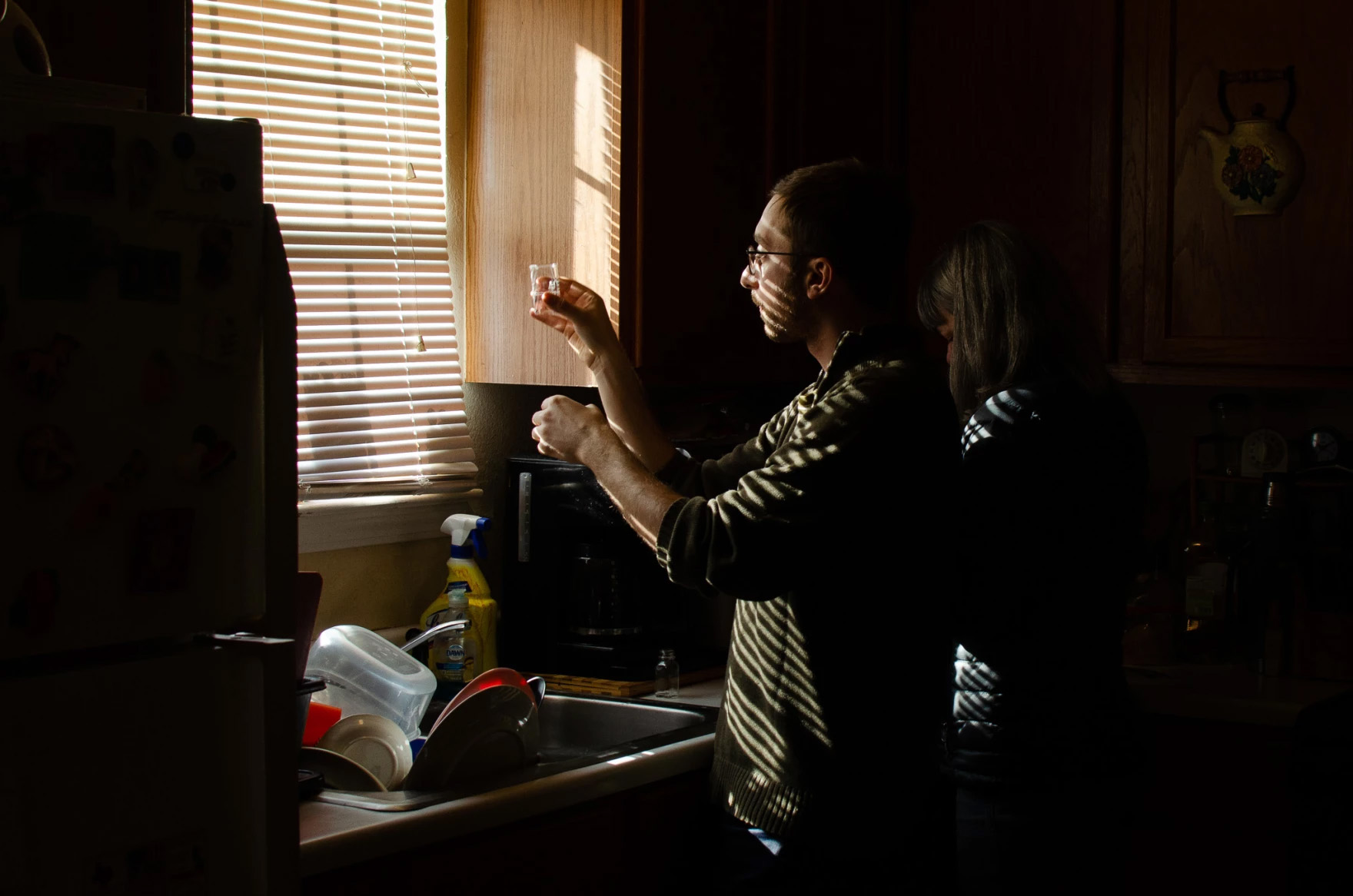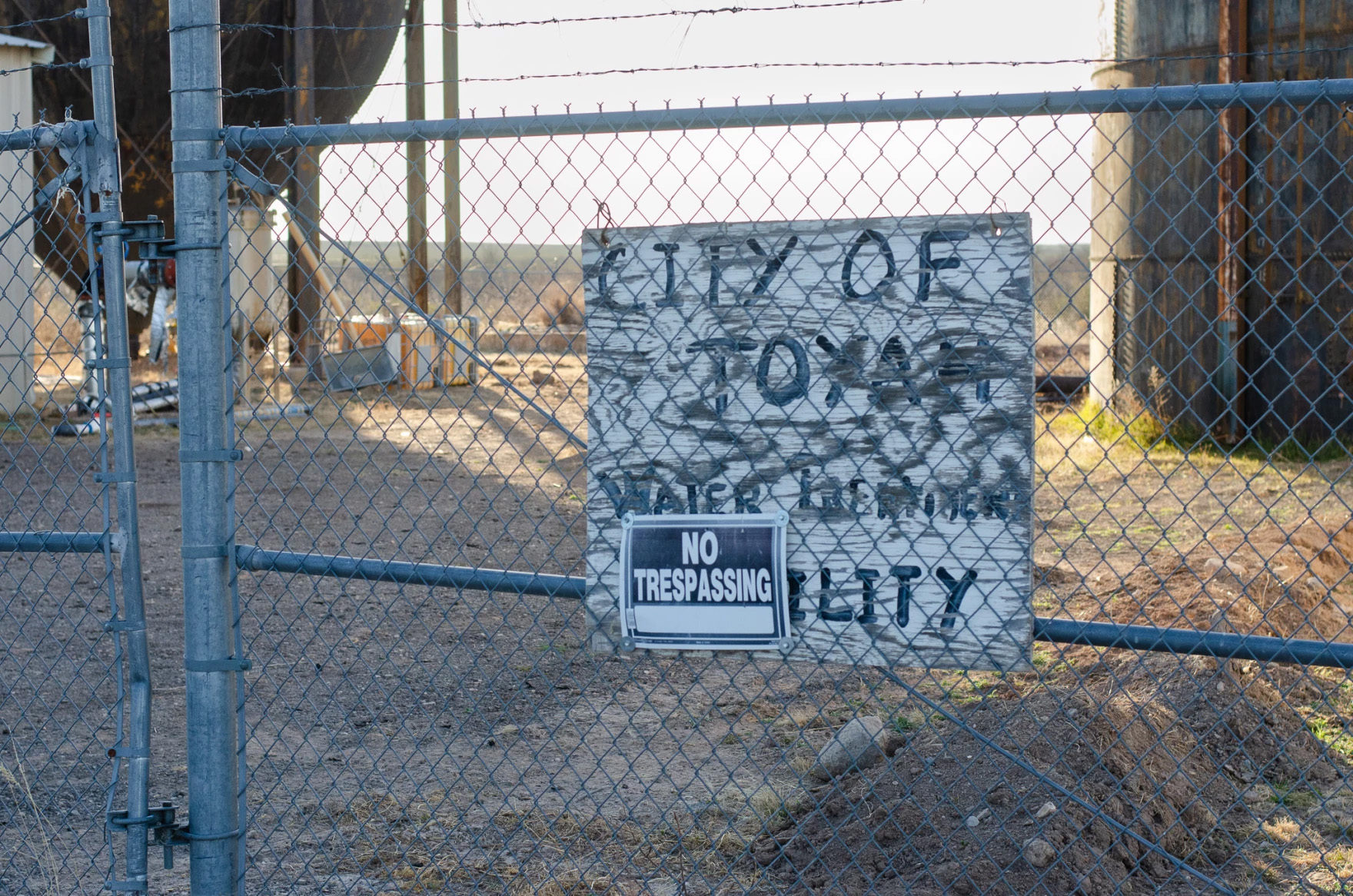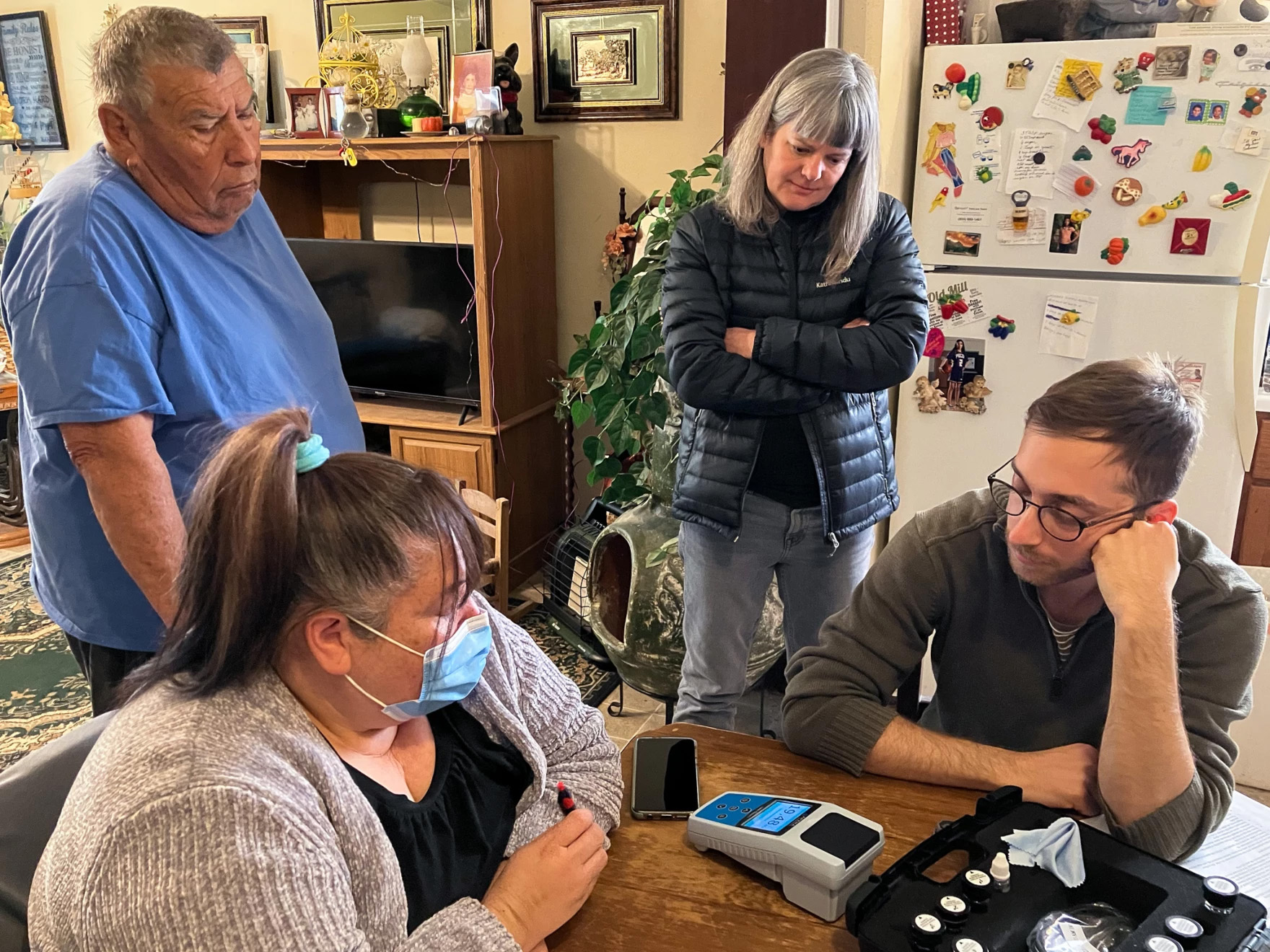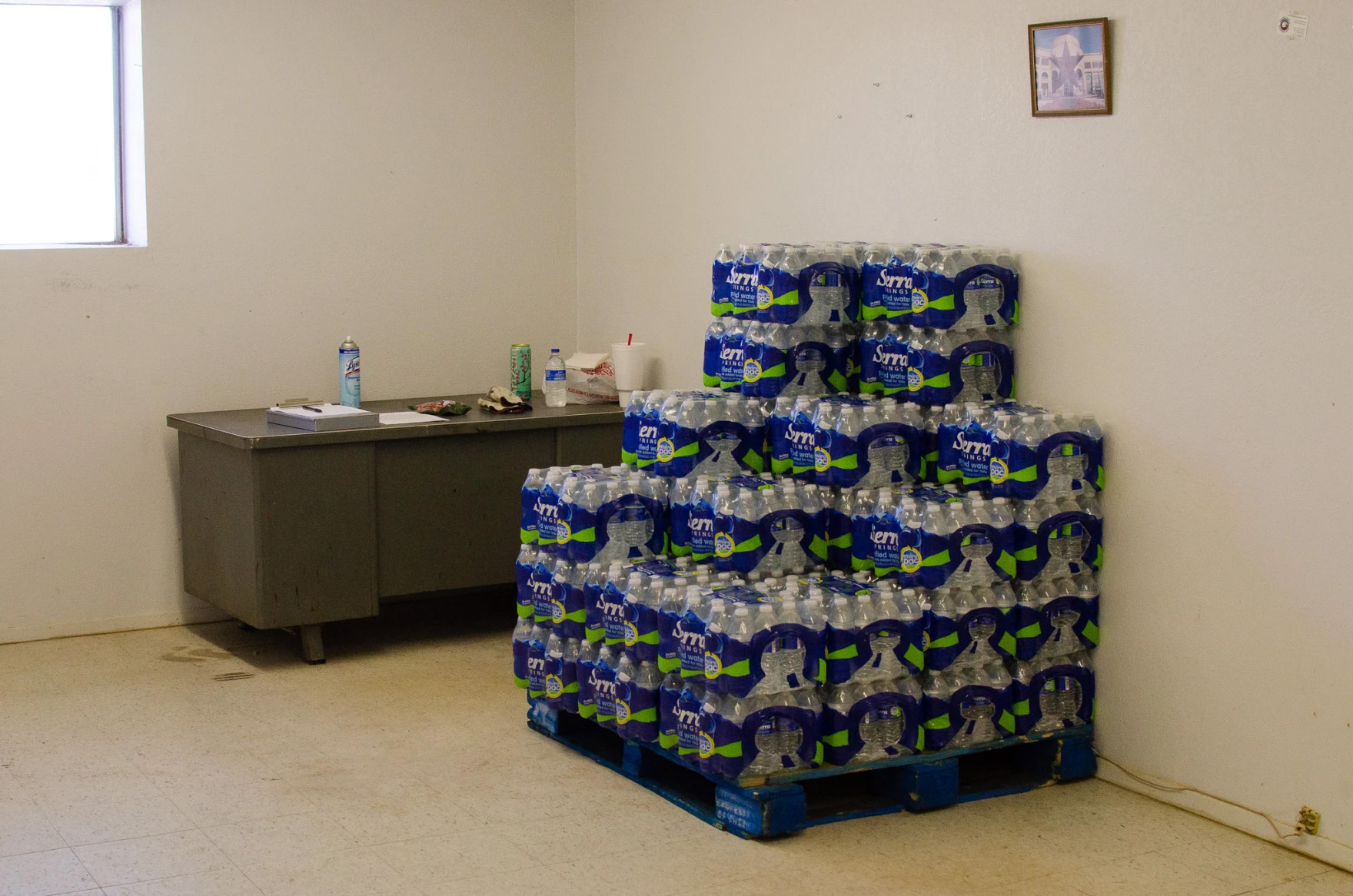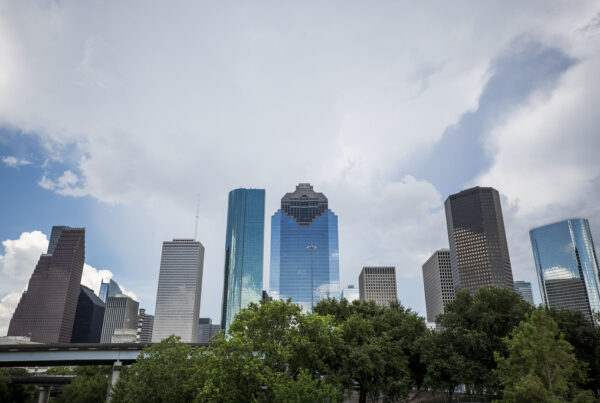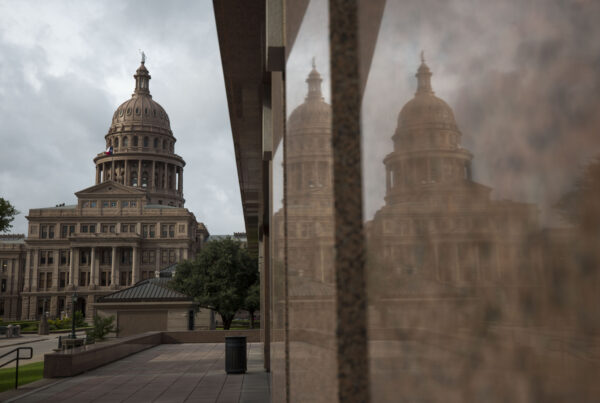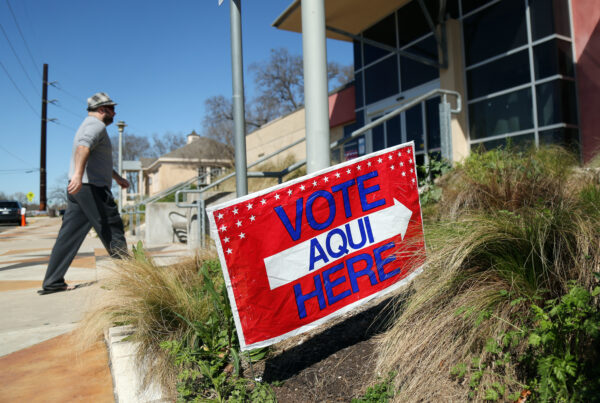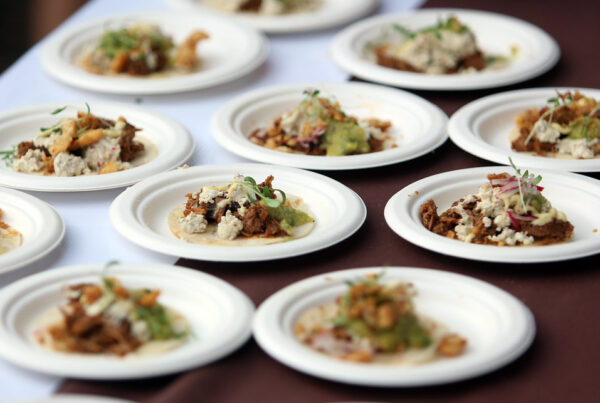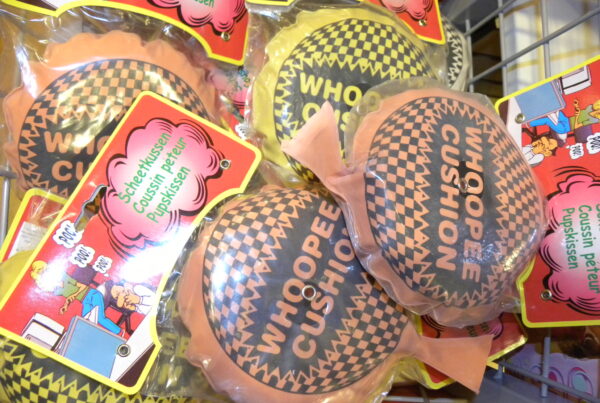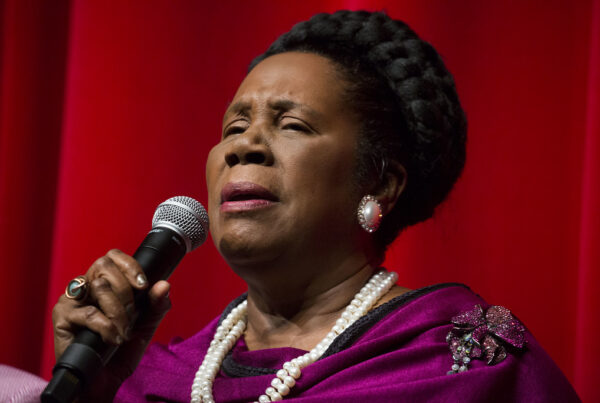From Marfa Public Radio:
This story was reported and produced in collaboration with Martha Pskowski, a reporter at Inside Climate News. This is the final story in a three-part series on the town of Toyah and the water issues that have plagued the community for years. Click here to hear the first and second stories.
It’s still dark outside when Angel Machuca opens the door for students from the University of Texas at Austin’s environmental clinic. They’re at her mom and dad’s house in Toyah to collect water samples.
“It’s exciting that they are going to test our water,” Machuca said, clearly worn by the boil water notice she and the nearly 100 other residents in Toyah have lived under for the last five years.
In that time, the small town — just off I-20 in West Texas — has split into two camps: those who don’t believe the water’s safe and those who do, which includes local leaders who continue to claim the water is fine despite reports of rashes, bacterial infections and noticeably dirty water coming out of taps. And all of that is part of why these students are here.
On the list of things they’re measuring for is lead, copper, legionella and turbidity, or the clarity of the water. Samples are collected from the kitchen sink and the shower. Today the water looks clear, but that doesn’t mean it’s clean.
The community has a record of failing to meet drinking water standards. To this day, there’s evidence that the city struggles to properly clean its water and that residents have been exposed to excessive amounts of trihalomethanes, chemicals produced by sanitizing water with chlorine.
According to the U.S. Environmental Protection Agency, long-term exposure to high levels of these chemicals can increase the risk of cancer and cause kidney, liver and nervous system problems.
“You wonder, am I going to die in the next two years – not from a car accident – but am I gonna die because of the contamination of the water, is that my fate?” Machuca said.
The environmental clinic’s part of UT’s law school where students advocate for underserved communities, like Toyah. It’s all done under Kelly Haragan’s supervision. She directs the clinic and is an attorney that specializes in environmental law.
Her assessment of the water is blunt: “People should not be drinking the water in Toyah.”


